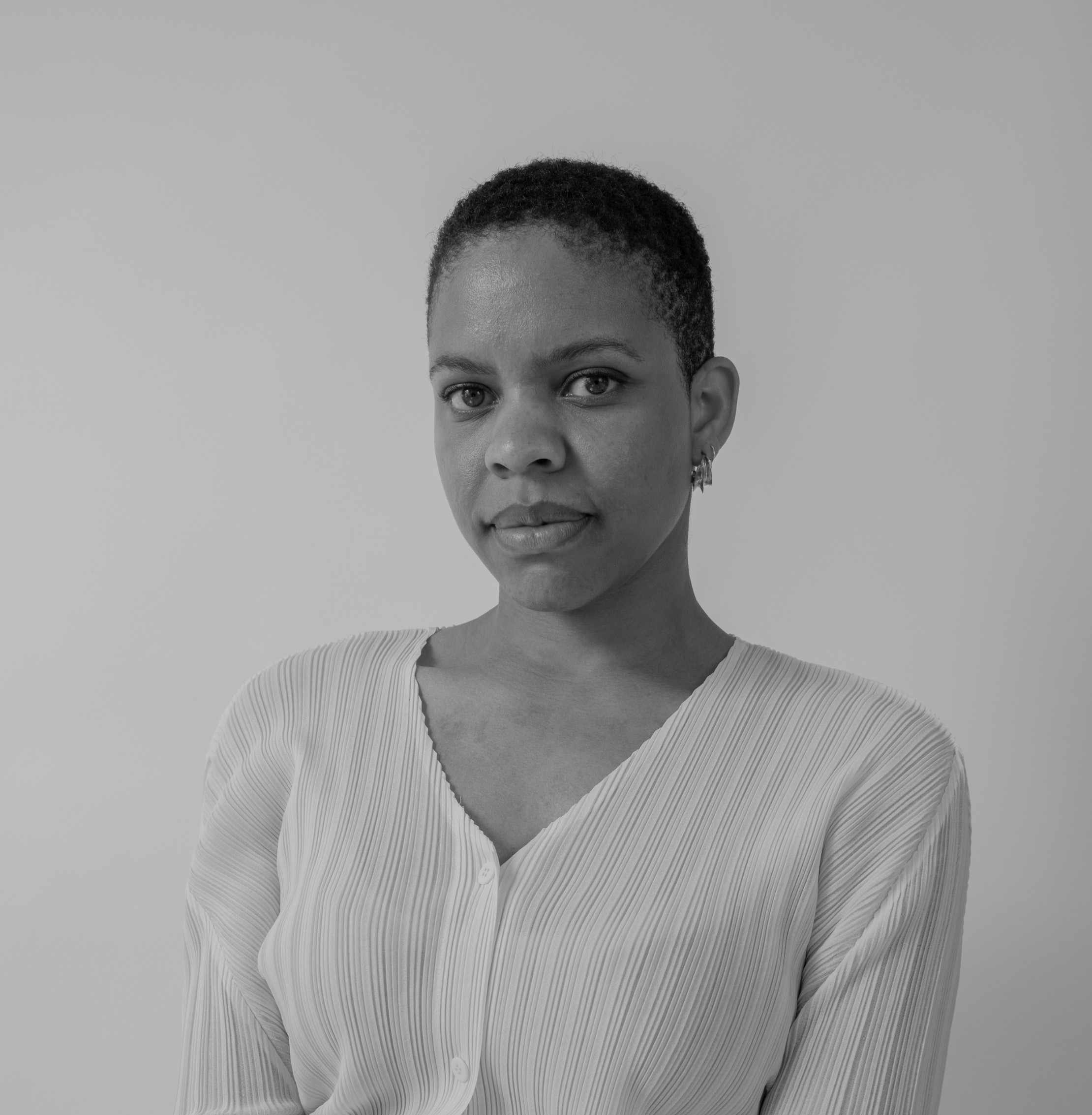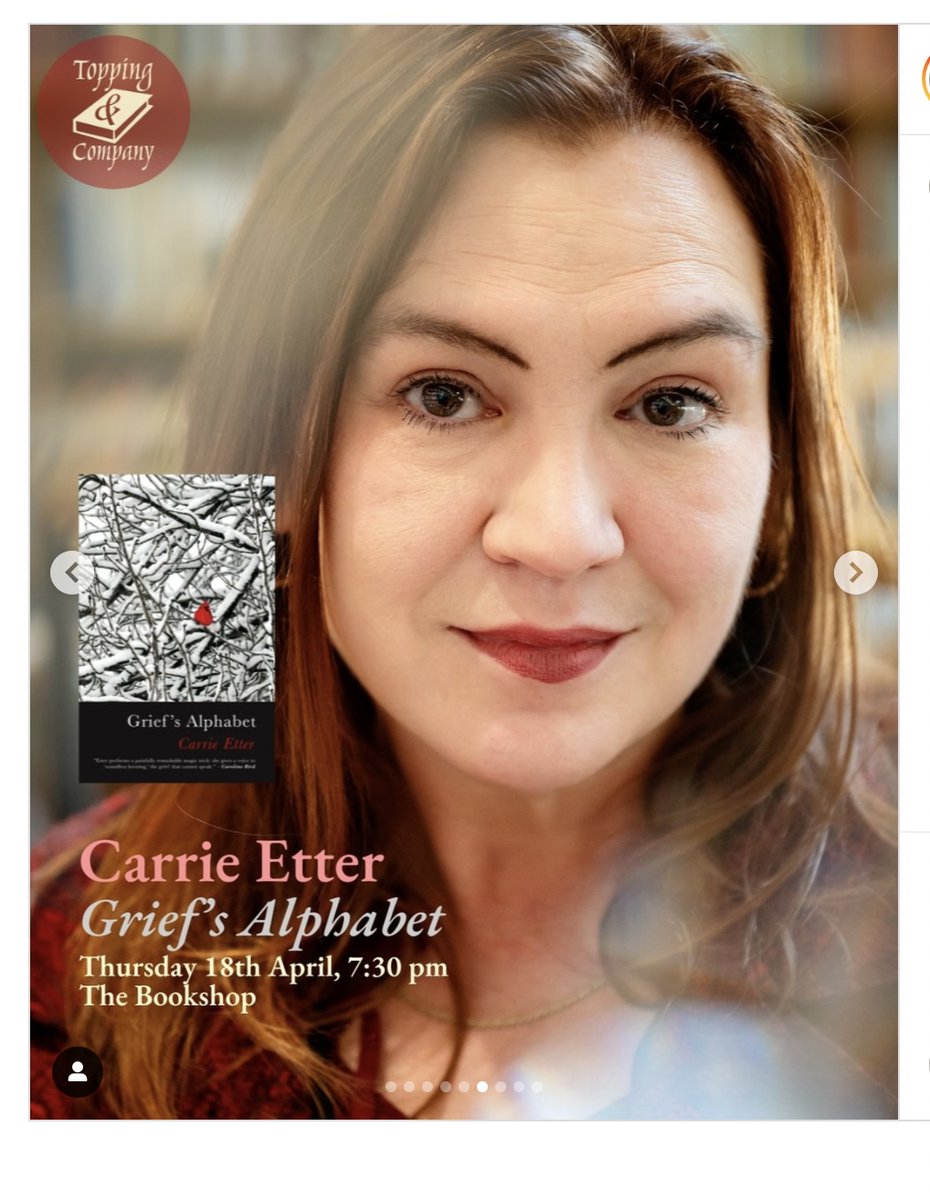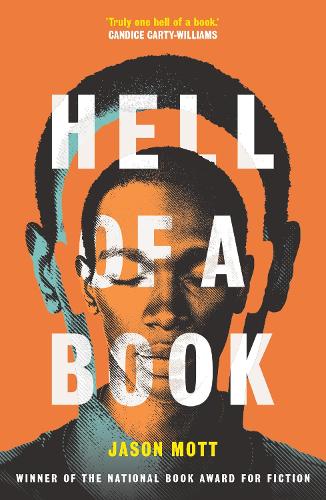Please edit and rewrite your work thoroughly
The Plaza Prizes have the finest judges in the world, including US National Book Award Winner, Jason Mott. And you will be up against the best writers and poets in the world, truly global competition. If you submit to The Plaza Literary: First Chapters Prize without editing your work to the highest publishing standards, it’s like volunteering to be a kamikaze on a one-way crash-and-burn mission.
Cultivating a robust editorial process, using all the fantastic AI tools now at a writer’s disposal, ensures that your work will be polished and professional when it is read by our judges. Think of a judge as a highly idealistic, but critical reader. They want to discover brilliant pieces of writing, new voices, more than anything, but they are actively seeking reasons to reject the work if it is not up to the highest standards.
Don’t make silly mistakes, especially at the beginning of your novel. That gives judges reasons to stop reading, and reject your work. Establish flow. Engage them. Small mistakes matter less later on because by that point, if you are doing your ‘job’ you will have established ‘authority’, the reader will care, be compelled to read on, cannot ‘put it down’.
Here is a comprehensive outline of best practices, including the use of new AI tools for writers:
1. Initial Read-Through
Objective: Get a sense of the overall flow and identify major issues.
Tips: Read your manuscript from start to finish without making any changes. Note down any immediate concerns regarding structure, pacing, or major plot points.
2. Structural Edit
Objective: Focus on the big picture elements like plot, structure, pacing, and character development.
Steps:
Plot Consistency: Ensure there are no plot holes or inconsistencies.
Character Arcs: Check that characters have clear development and arcs.
Pacing: Make sure the story flows smoothly without dragging or rushing.
AI Tools:
Scrivener: Helps in organizing and structuring your manuscript.
Dabble: Useful for outlining and plotting.
3. Line Edit
Objective: Improve sentence structure, clarity, and flow.
Steps:
Sentence Structure: Vary sentence length and structure for better readability.
Clarity and Conciseness: Remove redundant words and ensure each sentence is clear.
AI Tools:
Grammarly: Helps in correcting grammar, punctuation, and style issues.
ProWritingAid: Provides detailed reports on style, grammar, and readability.
4. Copy Edit
Objective: Focus on grammar, punctuation, and spelling.
Steps:
Grammar: Correct any grammatical errors.
Punctuation: Ensure proper use of punctuation marks.
Spelling: Fix any spelling mistakes.
AI Tools:
Hemingway Editor: Highlights complex sentences and common errors.
Ginger Software: Another option for grammar and spell checking.
5. Proofreading
Objective: Catch any remaining typos and minor errors.
Steps:
Final Read-Through: Slowly read through the manuscript to catch typos.
Text-to-Speech: Use text-to-speech tools to hear your text and catch errors you might miss while reading.
AI Tools:
NaturalReader: Converts text to speech for an auditory proofreading experience.
Microsoft Word: Built-in spell check and grammar tools.
6. Feedback and Revision
Objective: Get external feedback and make necessary revisions.
Steps:
Beta Readers: Share your manuscript with beta readers for feedback.
Critique Groups: Join a writing group to get constructive criticism.
AI Tools:
Fictionary: Helps with story editing based on feedback.
Reedsy: Platform to find professional editors and beta readers.
7. Final Polish
Objective: Ensure the manuscript is clean and professional.
Steps:
Formatting: Make sure your manuscript adheres to the competition’s formatting guidelines.
Cover Letter: Write a compelling cover letter if required.
AI Tools:
Atticus: For formatting your manuscript professionally.
AutoCrit: Helps refine your manuscript to meet industry standards.
Additional Tips:
Set a Deadline: Ensure you have ample time for each stage of editing.
Take Breaks: Give yourself some time between edits to see your work with fresh eyes.
Stay Objective: Try to maintain an objective view of your work to make necessary cuts and changes.
Using AI tools can significantly enhance your editing process, but it’s essential to combine them with traditional editing techniques and human feedback for the best results.
ENTER The Plaza Literary: First Chapters Prize. Judge: Jason Mott. 1st Prize: £1,500 (US$1750). Deadline: 31st July 2024.











